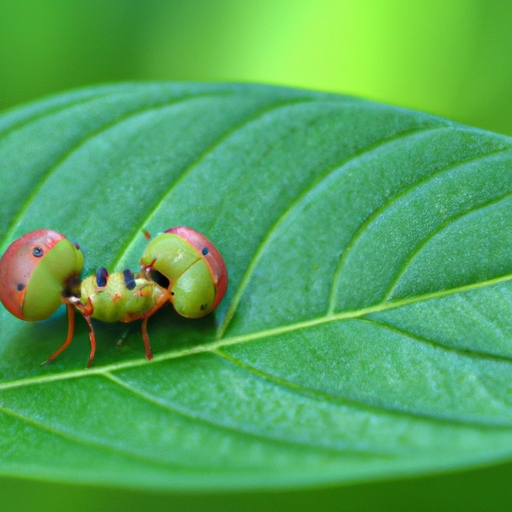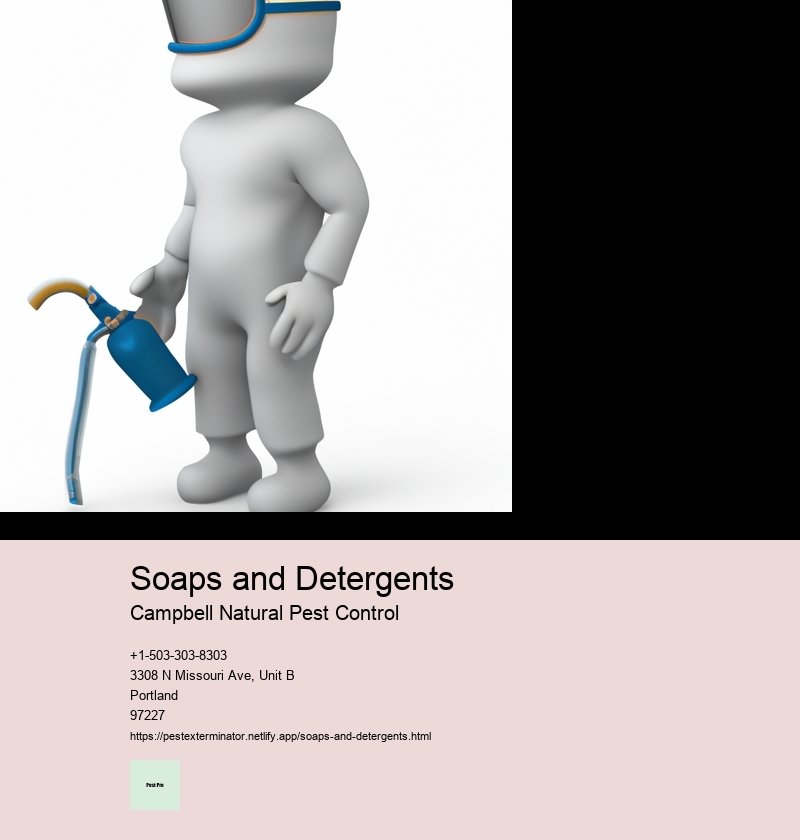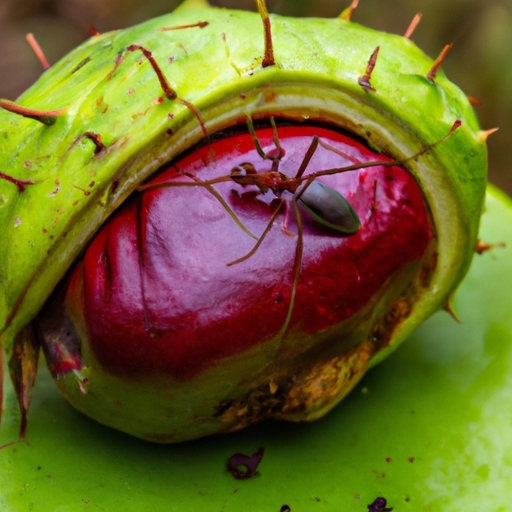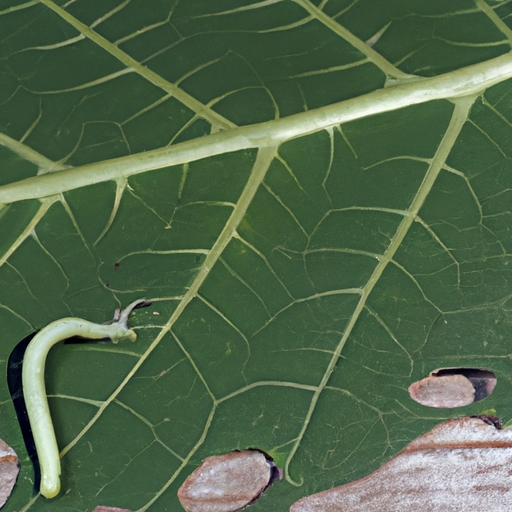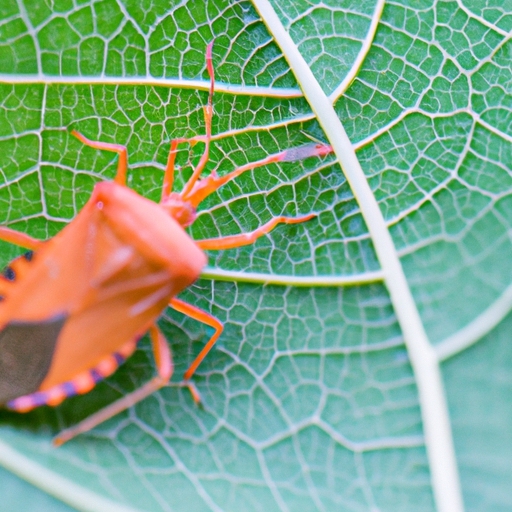Soaps and Detergents
pest control
Soaps and detergents (! ) are essential for keeping us clean and healthy. They come in many forms, from liquid body washes to bar soaps, and play a big role in our daily lives. But have you ever stopped to think about what these products actually are and how they work? In this overview of soaps and detergents we'll explore the differences between them as well as their benefits.
Soap is a cleaning agent that's made up of natural ingredients like fats or oils mixed with an alkali such as lye. When it comes into contact with water, soap creates a mild cleansing action that gently removes dirt, grime, germs and bacteria from your skin. It's also biodegradable which means it won't pollute lakes or rivers when it enters the environment.
Detergents on the other hand are synthetic compounds made from petroleum-based ingredients such as sodium laureth sulfate or ammonium lauryl sulfate. These compounds are more powerful than soap but can still be gentle on skin with proper formulation. Detergents also contain surfactants that help suspend particles of dirt in solution so they can be rinsed away easily during washing or bathing.
Both soaps and detergents offer several advantages over traditional cleaning methods like scrubbing by hand or using harsh chemicals like bleach or ammonia which can irritate skin and cause long-term health problems if not used carefully! Additionally they're both affordable and easy to use making them an ideal choice for anyone who wants cleanliness without hassle .
In conclusion, there's no one-size-fits-all answer when it comes to choosing between soaps and detergents but understanding their respective strengths can help make your decision easier! While soap is generally gentler on skin, detergents provide superior cleaning power for tough stains while being environmentally friendly too. So next time you reach for something to wash yourself off with , remember the important role that these products play – cleaning isn't just about getting rid of dirt but also keeping us safe from potential harm !
